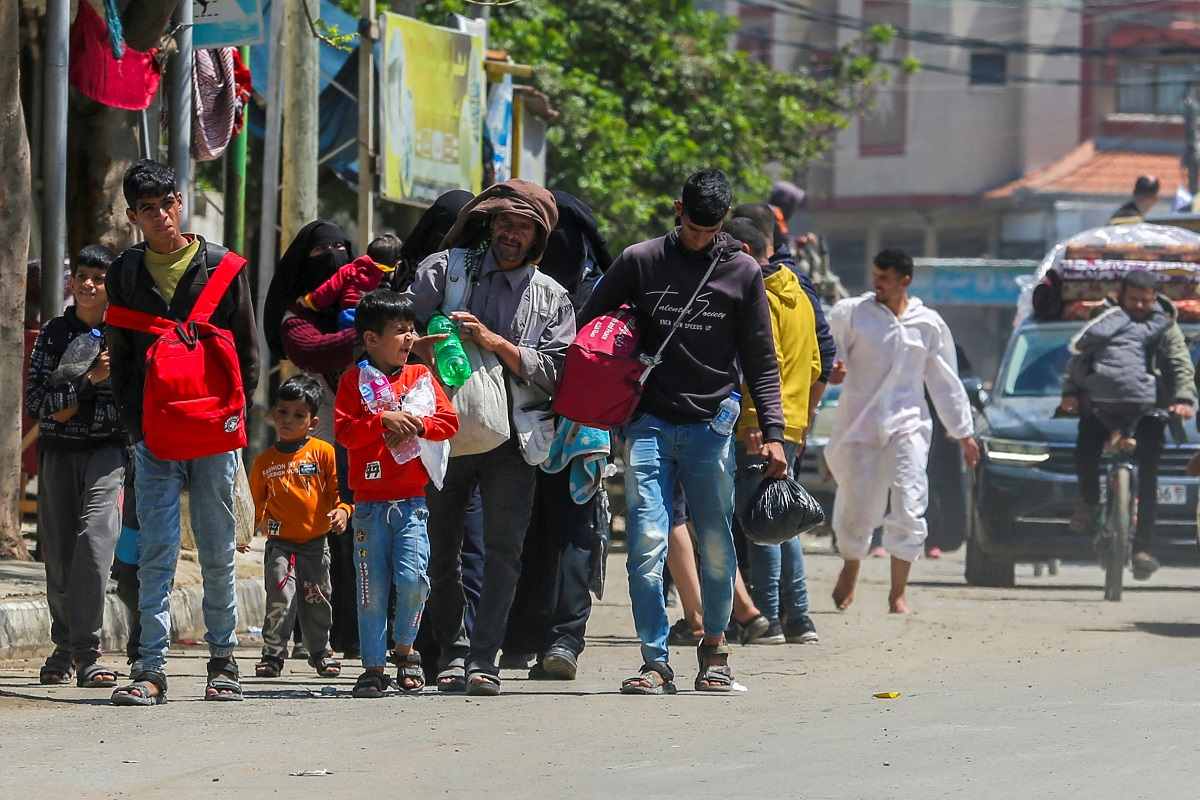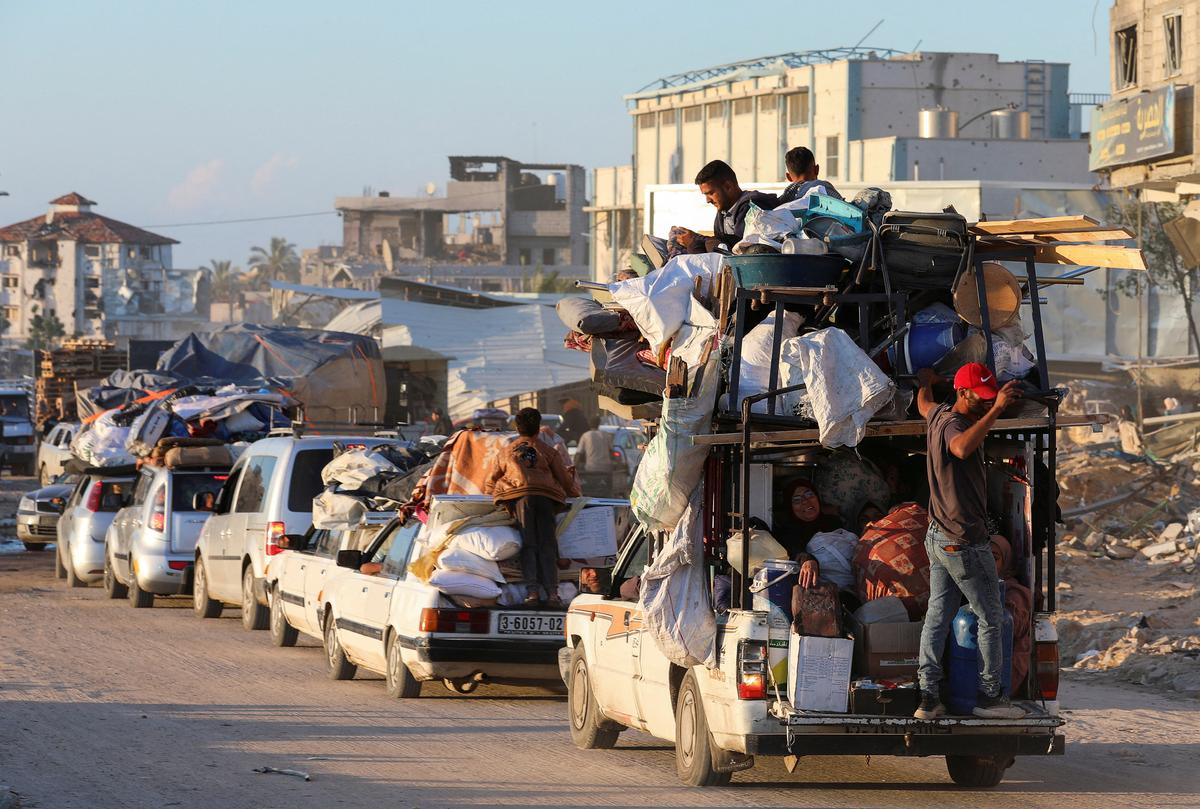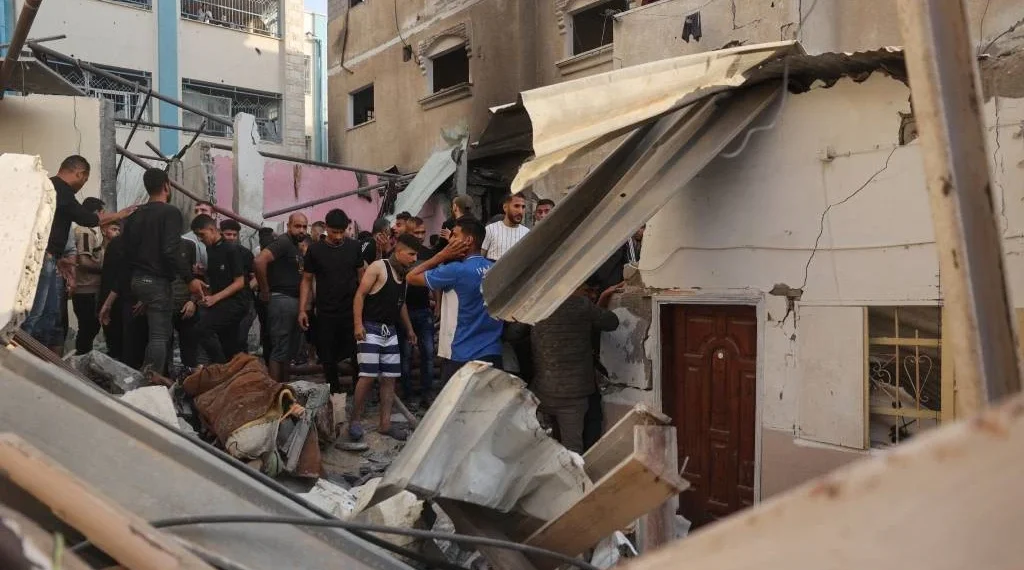Hamas, the Palestinian militant group, agreed to a ceasefire proposal for Gaza from mediators on Monday.
Israel expressed dissatisfaction with the terms and continued strikes in Rafah while planning to pursue negotiations further. This development occurred amidst the backdrop of a seven-month-long war.
Israeli forces launched strikes on Rafah, located at Gaza’s southern edge, both from the air and ground. They also issued evacuation orders for parts of the city, which has served as a refuge for over a million displaced Palestinians.

Hamas, through its chief Ismail Haniyeh, conveyed acceptance of the ceasefire proposal to Qatari and Egyptian mediators.
Israeli Prime Minister Benjamin Netanyahu’s office noted that while Israel found the proposal insufficient, it would still engage in discussions with negotiators to seek a resolution.
Qatar announced its delegation’s plan to resume indirect negotiations in Cairo on Tuesday, emphasizing the diplomatic efforts underway.
Despite these diplomatic maneuvers, tensions remained high. An anonymous Israeli official criticized the approved proposal by Hamas, labeling it as diluted compared to an earlier Egyptian offer.
The official suggested that Hamas might be attempting to portray Israel as the obstructive party in the negotiations.
The U.S. State Department expressed optimism regarding the potential for a ceasefire, indicating that discussions would continue among allies to achieve this goal.

The conflict has resulted in significant casualties, with Gaza health officials reporting over 34,600 Palestinians killed. The United Nations has warned of imminent famine in the region.
Efforts to secure a truce have been ongoing since a previous ceasefire in November, with challenges arising from Hamas’ demand for a permanent resolution and Israel’s insistence on a temporary pause.
Amidst these complexities, violence persists, underscoring the urgent need for diplomatic resolution.





